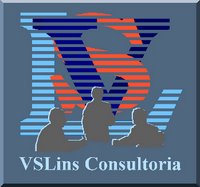Tacit knowledge is far less tangible
Explicit knowledge is what you find in computer data banks, textbooks, and academic journals; once created, it is easily captured, distributed, and used by people other than the creator.
While explicit knowledge can create a competitive advantage- as in the case of a patent for a new technology- its half-life is increasingly brief. Once we know something can be done, much less time and money is required to imitate, reverse engineer, or clone it than was needed to demonstrate its initial viability.
For example, after Intel spent $1 billion and more than a year to create its 486 microprocessor, Cyrix was able to produce a clone in approximately 18 months for just $10 million.
A second type is tacit or implicit knowledge, which you may think of as personal and context-specific "know-how." Tacit knowledge is far less tangible and so deeply embedded into an organization's operating practices that it's often nearly invisible, being described broadly as just "the way we do things around here."
For individuaIs, it's often referred to as experience or intuition; in organizations, we often call it culture. What we refer to as intuition, though, are really bits of knowledge that we've gained and combined with other bits in ways that are not easily traced or described.
Tacit knowledge includes relationships, norms, values, and standard operating procedures. Because tacit knowledge is much harder to detail, copy, and distribute, it can be a sustainable source of competitive advantage.
Extraído de MEYER, Christopher. Relentless Growth: How Silicon Valley Innovation Strategies can work in your Business. New York: The Free Press, 1998.


<< Home